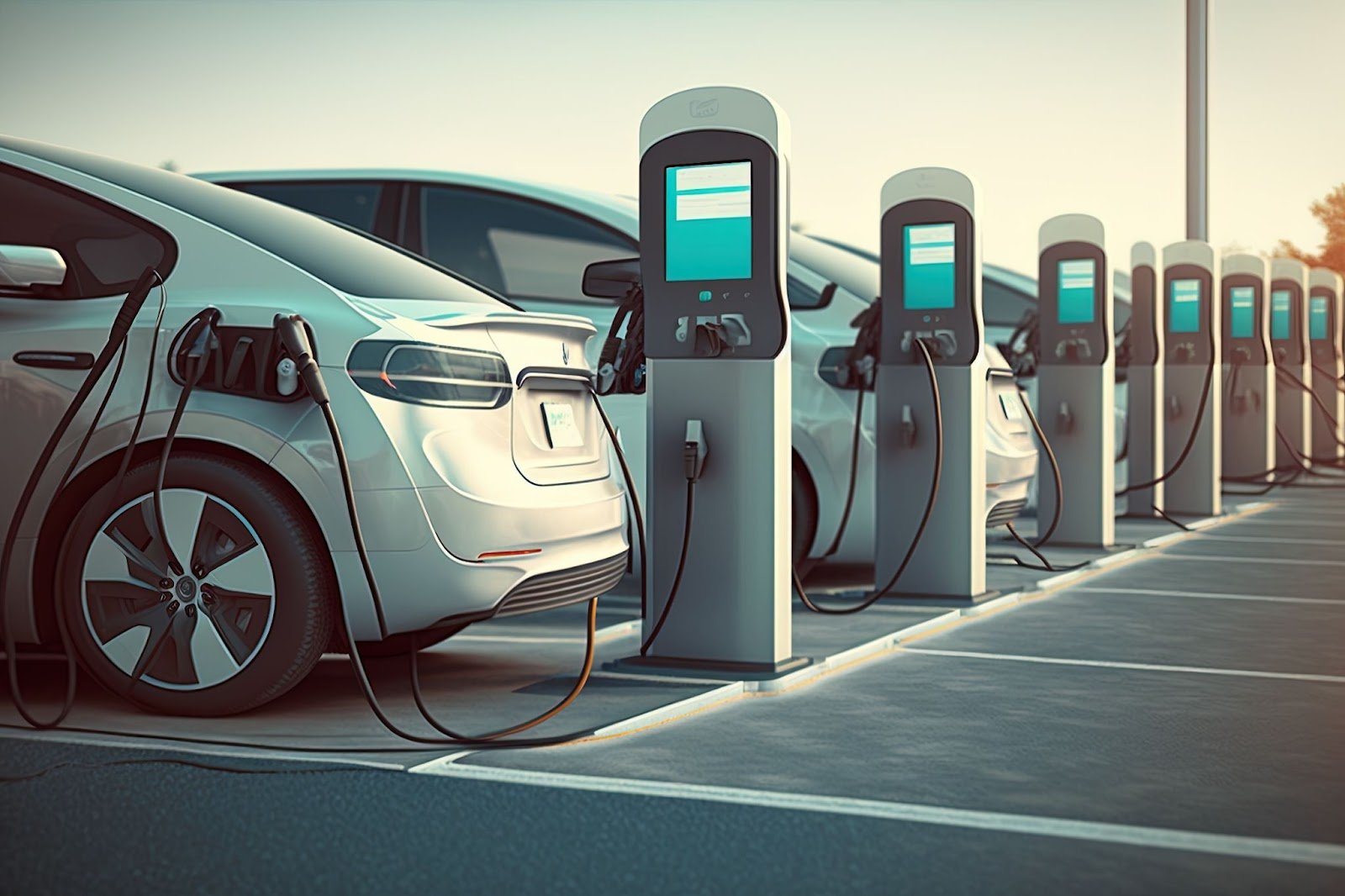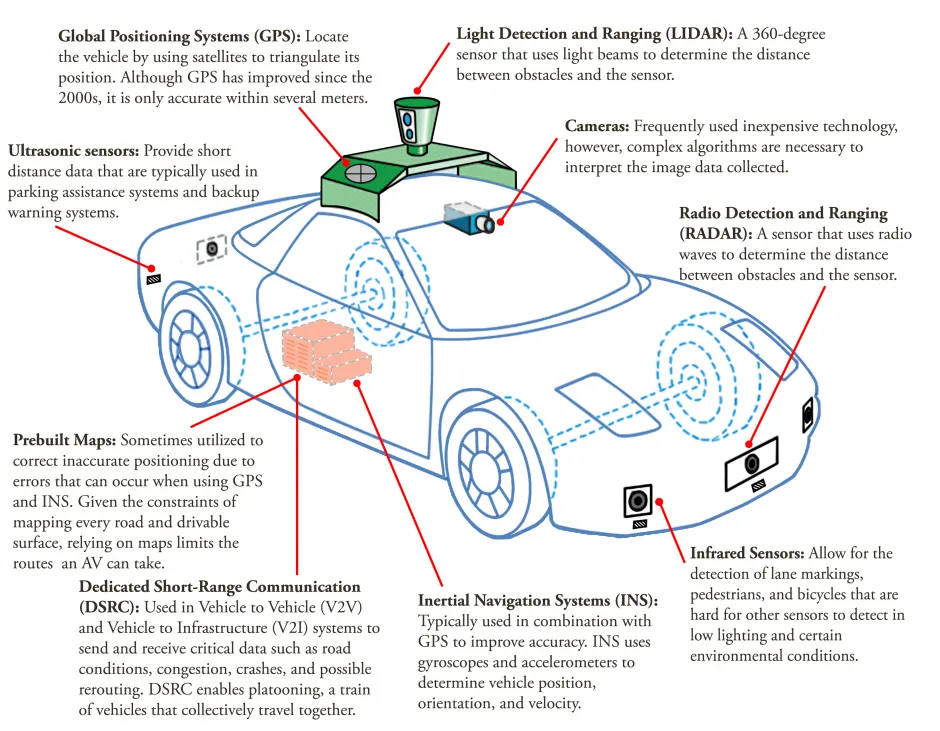The Fascinating World of Cars

Cars have revolutionized the way we travel and connect. From the moment the first automobile rolled off the assembly line, the landscape of personal and commercial transportation has been forever changed. In this article, we will delve into the intriguing history, technological advancements, and the future of cars.

The Evolution of Cars
The history of cars is a captivating tale of innovation and progress. The first gasoline-powered automobile was created in 1886 by Karl Benz, marking the dawn of a new era in transportation. Since then, cars have evolved dramatically, from the early models that required manual cranking to today’s sophisticated vehicles equipped with advanced technology.

Early Innovations
Early automobiles were often a luxury item, accessible only to the wealthy. However, the introduction of the assembly line by Henry Ford in 1913 made cars affordable for the masses. This innovation not only lowered production costs but also accelerated the manufacturing process, leading to the birth of the Model T, one of the first mass-produced cars in history.
The Golden Age of Cars
The mid-20th century is often referred to as the golden age of cars. Manufacturers competed to produce models that were not only functional but also stylish and powerful. The muscle car era of the 1960s saw the rise of iconic vehicles such as the Ford Mustang and Chevrolet Camaro, which remain celebrated symbols of American automotive culture.

Technological Advancements in Cars
With the advancement of technology, cars have transformed significantly over the years. Modern vehicles are now equipped with features that enhance safety, comfort, and performance.
Safety Features
One of the primary focuses in car manufacturing has been safety. Today’s cars come equipped with advanced safety technologies, including:
- Anti-lock braking systems (ABS)
- Traction control
- Adaptive cruise control
- Lane departure warning systems
These features help prevent accidents and improve the overall driving experience, making modern cars safer than ever before.
Electric and Hybrid Cars
The push towards sustainability has given rise to electric and hybrid cars, offering an eco-friendly alternative to traditional gasoline vehicles. Brands like Tesla, Nissan, and Toyota have pioneered this movement, producing cars that not only reduce carbon emissions but also deliver impressive performance.
Benefits of Electric Cars
- Lower Operating Costs: Electric cars often have lower fueling costs compared to gasoline vehicles, as electricity is generally cheaper than gas.
- Less Maintenance: With fewer moving parts, electric vehicles require less maintenance, which can save owners time and money over the long run.
- Environmental Impact: They produce zero tailpipe emissions, contributing to a cleaner environment and helping to combat climate change.

The Future of Cars
As technology continues to evolve, the future of cars looks promising. Innovations such as autonomous driving and connected vehicles are on the horizon, promising to redefine personal transportation.
Autonomous Vehicles
Self-driving cars are no longer a distant dream. Companies like Waymo and Uber are actively testing autonomous vehicle technologies, which could drastically change urban transportation. The integration of AI and machine learning allows these vehicles to navigate complex environments safely.
Benefits of Autonomous Vehicles
- Reduced Traffic Accidents: With advanced sensors and algorithms, self-driving cars aim to eliminate human error, which is a leading cause of accidents.
- Increased Efficiency: Autonomous vehicles can optimize routes and reduce traffic congestion, leading to shorter travel times and less fuel consumption.
- Accessibility: Self-driving technology holds the promise of greater mobility for those unable to drive, including the elderly and disabled.

Connected Cars
The concept of connected cars is also gaining traction. These vehicles communicate with each other and infrastructure to enhance safety and efficiency. Features such as real-time traffic updates, remote diagnostics, and in-car entertainment systems are becoming commonplace, providing a more integrated driving experience.
Advantages of Connected Cars
- Improved Safety: By sharing data with nearby vehicles, connected cars can warn drivers of potential hazards, significantly reducing the risk of accidents.
- Enhanced Navigation: Real-time traffic data allows connected cars to suggest alternate routes, helping drivers avoid congestion and reach their destinations faster.
- Increased Comfort: Features like automatic climate control and personalized settings make driving more enjoyable and tailored to individual preferences.
The Cultural Impact of Cars
Cars have also shaped our culture in significant ways. They symbolize freedom, independence, and personal identity. The car culture extends beyond mere transportation; it encompasses automotive events, custom car shows, and an entire lifestyle centered around vehicles.
Car Enthusiast Communities
Car enthusiasts form vibrant communities where they share their passion for vehicles. From classic car restorations to modern custom builds, these communities celebrate automotive craftsmanship and engineering. Events such as car shows and rallies provide platforms for enthusiasts to showcase their vehicles and connect with like-minded individuals.

Conclusion
The journey of cars, from their inception to the technologically advanced vehicles we see today, is a testament to human ingenuity and the relentless pursuit of progress. As we look ahead, the possibilities seem endless, with electric and autonomous vehicles poised to transform our world even further.

In summary, cars are more than just a mode of transportation; they represent a significant cultural and technological evolution. Whether you are a car enthusiast or simply rely on your vehicle for daily commuting, understanding the history and future of cars can enhance your appreciation for these incredible machines. The evolution of cars not only reflects advancements in technology but also our changing relationship with mobility and the environment.